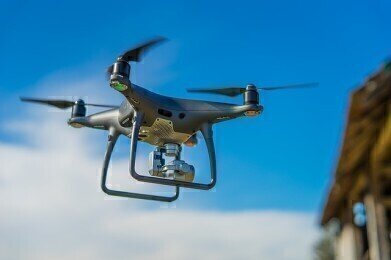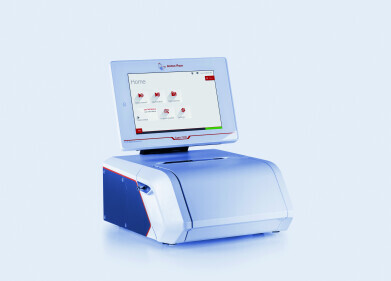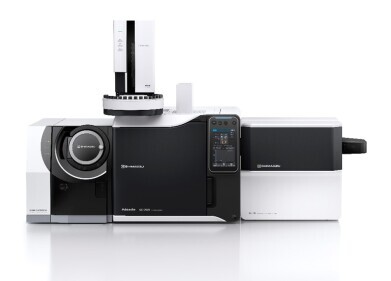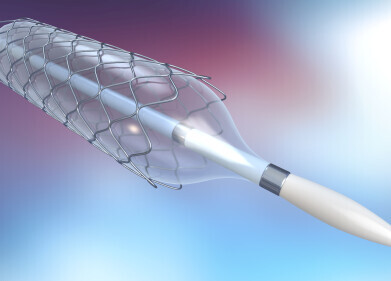Mass Spectrometry & Spectroscopy
How Do Medical Drones Work?
Mar 26 2018
For most people, drones are a way to capture bird's eye footage or receive an Amazon package. Now, they could emerge as a lifesaving tool. The technology-driven health revolution is currently underway in Africa, where remote villages have limited access to blood supplies.
For example, while bleeding after labour is relatively easy to deal with in British hospitals, it could prove fatal for women giving birth in rural African communities. Until recently a life-saving transfusion would have been out of the question. Now, new drone technology is empowering doctors with the scope to order blood supplies by text. They're then delivered by 25lb, battery-powered drones that can cover distances of up to 50 miles in just 30 minutes.
From Silicon Valley to the skies of Africa
The movement was launched by Zipline, a Silicon Valley based company that's aiming to save lives by offering an instant, on-demand delivery service powered by small unmanned aircraft.
"More than two billion people lack adequate access to essential medical products, like blood and vaccines," asserts the company. To date, the company has delivered almost 1000 batches of blood and helped to mitigate hundreds of life-or-death situations. Vaccines are also on offer, with Zipline stressing that stopping an outbreak within days not only saves lives, but also slashes medical costs.
Over the next few months Zipline plans to launch a similar service in Tanzania. Within a year it hopes to deliver to 1000 remote clinics across the country, servicing a total of 12 million people.
African nations embrace drone technology
As well as saving lives, nations like South Africa and Zimbabwe are also using drones to fight poaching. Equipped with night-vision cameras, drones are used to actively detect and track poachers in national parks. Drones have even made it into the agricultural sphere, with farmers in Sudan using them to sow seeds.
Keller Rinaudo, co-founder and chief executive of Zipline, has praised Africa for its open-minded attitude towards drones. He maintains that it not only helps to save lives, but also gives them an edge over developed nations.
"People there are much more open-minded about the way technology can improve lives," he says. "The general paradigm people use is that advanced technology in robotics will start in the US or Japan and trickle its way down to developing economies. What’s happening right now with these services in Africa is upending that. It's showing that small countries can move much faster in seizing the benefits of disruptive technology.”
As proven by Zipline and its next generation drone delivery service, technology has the power to transform modern medicine. For a closer look at the latest techniques used to analyse cyanocobalamin content don't miss 'Using UV/VIS Spectroscopy for Different types of Vitamin B12 Analysis'.
Digital Edition
Lab Asia 31.2 April 2024
April 2024
In This Edition Chromatography Articles - Approaches to troubleshooting an SPE method for the analysis of oligonucleotides (pt i) - High-precision liquid flow processes demand full fluidic c...
View all digital editions
Events
Apr 28 2024 Montreal, Quebec, Canada
May 05 2024 Seville, Spain
InformEx Zone at CPhl North America
May 07 2024 Pennsylvania, PA, USA
May 14 2024 Oklahoma City, OK, USA
May 15 2024 Birmingham, UK


















